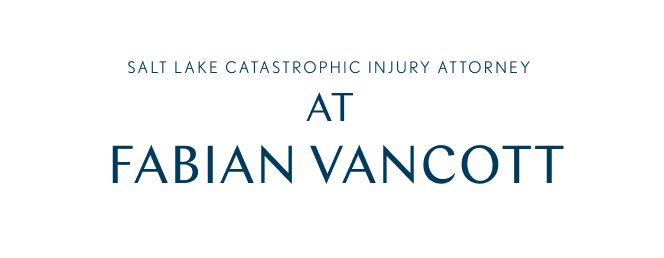For two years lawyers have been required to e-file all documents in civil cases in Utah state courts. If you file a motion, for example, you must efile the motion papers with your efiling provider, who then gets them to the court. The opposing party is not served by you with a copy, but they do get an emailed notice of the fact of the filing from the court.
In Aghdasi v Saberin and City Cab, 2015 UT App 73 (3/26/15), a plaintiff got zapped by the Utah Court of Appeals because of his lawyer’s failure to respond to an e-filed motion for summary judgment. This was a personal injury action by one cabdriver against City Cab for an assault by one of its drivers. Defense counsel, after some discovery, filed a motion for summary judgment. (The grounds are not stated in the appellate opinion, but I imagine it had to do with the assailant’s independent-contractor status with the cab company.)
The court’s records show that counsel received the electronic notice of the MSJ and of the supporting memorandum. Plaintiff’s lawyer did not respond. A request to submit the motion for decision was filed, and plaintiff’s counsel was given email notice by the court. Again, no response. The trial judge, Robert Faust, then granted the motion for summary judgment, and a copy of this ruling was sent to plaintiff’s counsel by email. Now (finally) came a response- an immediate motion to set aside the judgment under Rule 60(b) on grounds of counsel’s “excusable neglect.”
Counsel asserted that he never saw any of the notices, speculating that they went to a spam folder or were accidentally deleted. The trial judge refused to set aside the judgment, and this appeal ensued.
The Court of Appeals– applying the “abuse-of-discretion” standard– held that excusable neglect was not shown and that the trial court was within its discretion in denying the motion to set aside the summary judgment: “We see little difference between the inadvertent loss or misplacement of an electronic document and the inadvertent loss or misplacement of a physical document.” Par. 6. “It is clear from the court’s records that the Aghdasis’ attorney received the emails, even if he did not actually see or read them. The fact that the attorney then misplaced the emails either through accidental deletion or due to spam settings on his email account does not demonstrate the exercise of diligence on the part of the attorney, particularly in light of the fact that the attorney apparently misplaced at least two separate emails and admittedly neglected to read a third.” Par. 8.
Ouch.
One other point. Our Utah Standards of Professionalism and Civility require an attorney to not enter a default without notifying other counsel whose identity is known. It’s unclear whether City Cab’s counsel violated this standard because he received confirmation that plaintiff’s counsel had received electronic notice of the request to submit for decision, and may have thought that was enough.) But even if there were a violation of the Standards, the appellate court held this was not ground for setting aside a judgment, as the Standards are only “aspirational.” The trial court wasn’t even obligated to consider them in its decision.
***
I agree with the court that this is not much different than receiving a motion in the mail, and then failing to read it. It’s not likely to be an abuse of discretion if the judge grants the opponent’s motion. I suppose the lesson here is to periodically check the spam folder. It happens to all of us- I recently lost a mediation because the emailed request from a lawyer went into my Gmail spam folder, and I hadn’t checked it in a month. I can’t blame anyone but myself for that.


